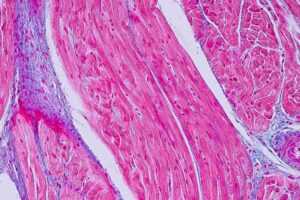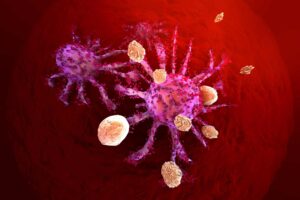gut microbiota
Neuroscience
Researchers have found that testosterone-degrading enzymes expressed by gut microbes are associated with depressive symptoms.
Scientific research
Researchers have found that microbes in the gut of ground squirrels recycle a waste product into building blocks to make proteins, helping the animals to survive a long winter without…
Oncology
Akkermansia can be used as a biomarker to identify who is likely to respond to treatment with immune checkpoint inhibitors. A new study published in Nature Medicine claims
Industry
Axial Therapeutics has published the results of a Clinical Trial investigating a novel molecule for managing symptoms associated with autism.
Scientific research
By combining HiFi with advanced algorithms, the researchers identified the genomes of 428 microbial species with more than 90% completeness.
Gastroenterology, Nutrition
Periodic variations in diet can be important to avoid the fixation of specific mutations and maintain a high genetic diversity in the microbiota.
Gastroenterology, Nutrition
Seasonal changes in the gut microbiota can influence growth in wild pandas and may explain how these animals compensate for the lack of nutrients in leaf-eating season. A new study…
Cardiology, Gastroenterology
A diet rich in red meat tend seems to increase risk of developing cardiovascular diseases such as heart attack and stroke. A new study published in Nature Microbiology claims.
Immunology, Oncology
A high-fiber diet may improve melanoma patients’ response to immunotherapy. A new study published in Science claims.
Gastroenterology, Pneumology
Profiling the bacteria and viruses residing in the human body could help to diagnose different pathogens and develop new targeted interventions.











